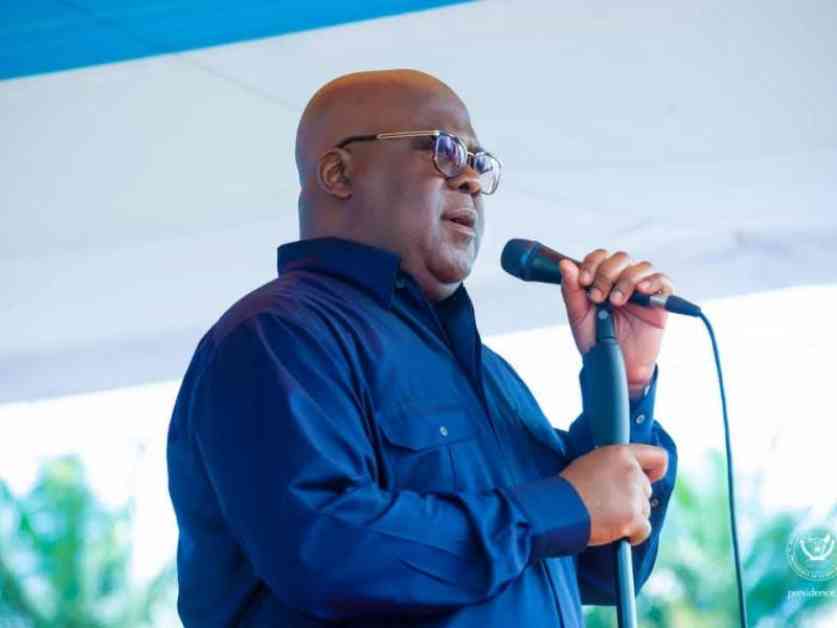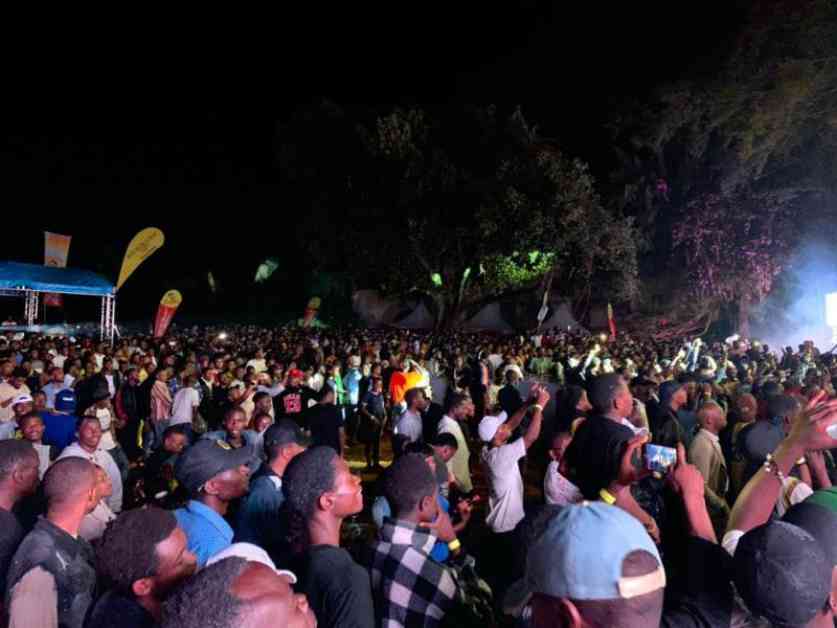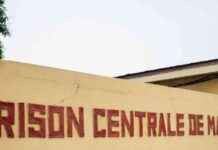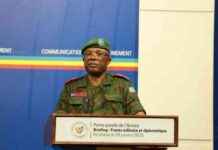Presidential Pardon: A Call for Vigilance
In a move to promote national unity, President Félix Tshisekedi of the Democratic Republic of Congo has granted a presidential pardon to certain detainees, including political figures. While the Congolese civil society applauds this initiative, concerns have been raised regarding the rigorous and transparent implementation of this pardon to prevent potential abuses.
The Importance of Rigorous Implementation
Me Carlos Mupili, from the Christian Dynamics for the Defense of Human Rights and the Environment, emphasized the need for close monitoring of the commission responsible for determining the beneficiaries of this presidential pardon. He warned against possible deviations in the execution of this measure, stressing the importance of ensuring that those who truly meet the criteria for pardon are released.
Clarifying the Difference
Emphasizing the distinction between a presidential pardon and amnesty, Mupili explained that while a pardon reduces the sentence or grants freedom, the criminal record remains, unlike amnesty, which erases convictions.
Ensuring Public Safety
Echoing these sentiments, Emmanuel Adu Cole, president of the Bill Clinton Foundation for Peace, highlighted the necessity of implementing specific mechanisms to exclude individuals convicted of serious crimes from benefiting from the pardon. He underscored the importance of ensuring that violent offenders and embezzlers of funds remain ineligible for any leniency measures.
Jonas Tshiombela, coordinator of the New Congolese Civil Society, commended the president’s initiative but urged for its extension to all prisons in the country to promote inclusivity. He also called for ongoing dialogue between the government, opposition, and civil society to address critical national issues and foster a more harmonious socio-political environment.
The presidential pardon, announced on December 31, 2024, grants clemency to individuals serving sentences of less than five years of penal servitude or forced labor. President Tshisekedi justified this decision as an act of forgiveness, leniency, and humanity in the spirit of the holiday season and the onset of the New Year 2025.
While the presidential pardon symbolizes a significant step towards reconciliation and national unity, its effectiveness hinges on the integrity of the institutions tasked with its implementation. It offers an opportunity for peace and reconciliation, but its success will ultimately be measured by the adherence to principles of justice and fairness.
Grâce Guka, a young activist from Kinshasa, shared her personal experience with the criminal justice system and how the presidential pardon could impact individuals like her. “As someone who has seen the flaws and biases of our legal system, I believe that transparency and accountability in the process of granting pardons are crucial. It’s not just about releasing people from prison; it’s about restoring faith in our institutions and ensuring that justice is truly served.”

















